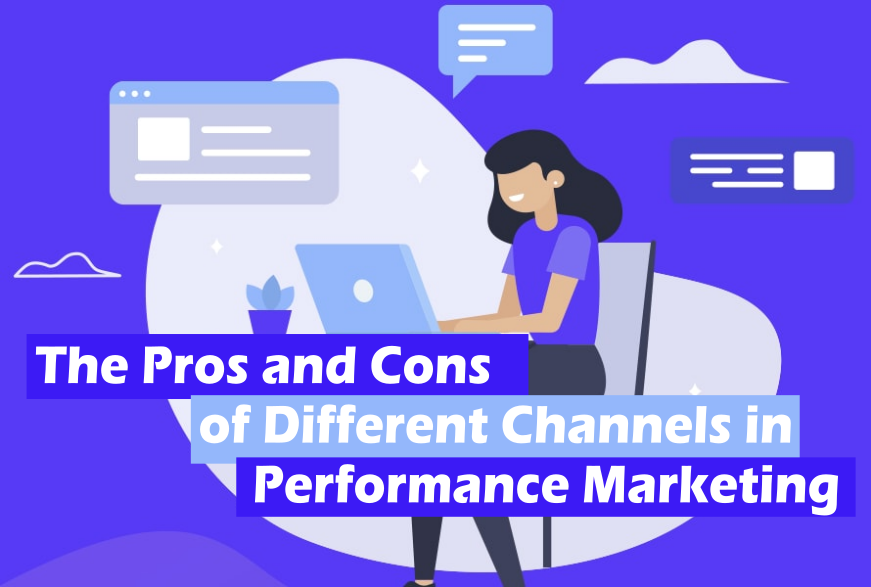Recent Posts

How to Create a Winning Strategy
February 2019
Importance of Personalization.
February 2019
Pros and Cons of Different Channels
February 2019Tags

The Importance of Personalization in Performance Marketing
In the world of performance marketing, the competition is fierce. With countless businesses vying for the attention of the same target audience, it's important to find ways to stand out. One key strategy is personalization - tailoring your marketing messages to the individual preferences and needs of your audience. In this blog post, we'll explore why personalization is so important in performance marketing and how it can help you drive better results.
Personalization can have a wide range of benefits for performance marketers. For one, it can improve engagement rates - when people feel that a message is specifically tailored to them, they're more likely to pay attention. This, in turn, can lead to better conversion rates and more sales. Additionally, personalization can help you build stronger relationships with your customers, leading to increased loyalty and repeat business.
There are many ways to personalize your performance marketing messages. For example, you might use dynamic ad content that changes based on a user's search history or previous interactions with your brand. Alternatively, you might create personalized landing pages that are tailored to specific customer segments. Email segmentation is another common personalization tactic, where you send different messages to different subscribers based on their interests or behavior.
Data and Technology
Of course, personalization requires data - specifically, data on your audience's preferences, behavior, and demographics. Fortunately, there are many tools and technologies available to help you collect and analyze this data, from website analytics to customer relationship management (CRM) software. With the right data and technology, you can create highly targeted and effective performance marketing campaigns.
Challenges and Considerations
Implementing personalization in your performance marketing campaigns isn't always easy. There are some challenges to consider, such as privacy concerns (i.e. ensuring that you're collecting and using data ethically) and data limitations (i.e. some audience segments may be too small to target effectively). However, with careful planning and strategy, you can overcome these challenges and reap the benefits of personalization.
Case Studies
To illustrate the power of personalization in performance marketing, it's helpful to look at some real-world examples. For instance, Amazon's product recommendations are a prime example of personalized marketing - they're tailored to each user's browsing and purchase history. Similarly, Netflix's personalized movie and TV show recommendations have been credited with much of the company's success.
In today's crowded performance marketing landscape, personalization is more important than ever. By tailoring your messages to the unique preferences and needs of your audience, you can improve engagement, conversion rates, and customer loyalty. With the right data, technology, and strategy, you can create highly effective performance marketing campaigns that drive results.


